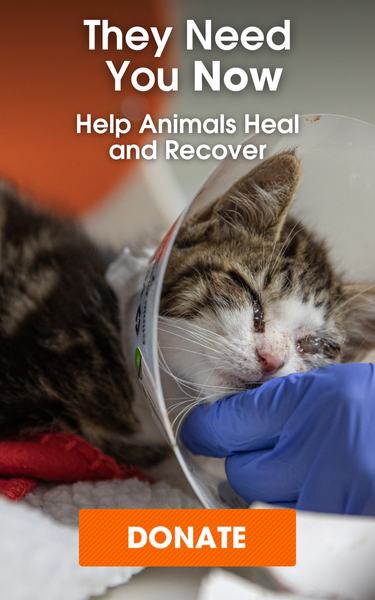
Are These Pet Dangers Hiding in Your Kid’s Backpack?

It’s that time of year when students are returning to school, which means our experts at the ASPCA Animal Poison Control Center (APCC) are gearing up for an increase in calls regarding animals getting into children’s backpacks. Fortunately, these incidents are preventable when pet parents know what to keep an eye out for. Here are some safety tips from APCC experts to keep your pets safe this back-to-school season.
Know What’s Inside
After a long school day, many kids throw their potentially unzipped backpacks on the floor or their beds when they arrive home, which, to some curious pets, is an open invitation to take a look inside. In fact, some dogs are even able to unzip backpacks and help themselves to the contents.
If possible, designate an out-of-reach area in your home for backpacks. This may be a wall hook or closet out of paws’ reach. However, if you have young kids who aren't able to reliably place their backpacks in a secure area, or if you have very crafty pets, the next best thing is to be very careful about what is packed in your child’s backpack.
Many backpack favorites you’ll want to be wary of when it comes to your pets include:
- Sugar-free gum containing the sweetener xylitol
- Homemade slime
- Over-the-counter and prescription medications
We commonly receive calls related to ADHD medications, albuterol inhalers and over-the-counter pain medications — all of which can cause life-threatening toxicity in dogs and cats.
Look After Your Lunchboxes
Kids often leave leftover food in their lunchboxes, and while parents may not immediately realize, snooping pets certainly do. We often receive reports of pets becoming very ill after getting into lunchboxes containing toxic foods such as grapes, raisins, onions, macadamia nuts and moldy foods. Make sure to keep lunchboxes out of paws’ reach and keep our toxic foods list handy in case your pet consumes leftover lunch.
Staying aware and prepared is always best when it comes to your pet’s safety, and as autumn begins, we hope that your family enjoys a productive and safe school year.
If you suspect your pet may have ingested a toxic substance, please contact your veterinarian or call the ASPCA Animal Poison Control Center at 888-426-4435 immediately.
